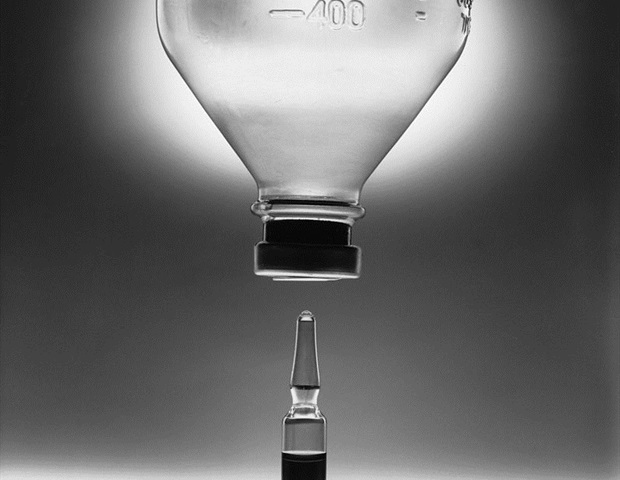HIV scare after doctor carried out intimate exam on a woman with a swab that had been used on another patient's genitals, complaint reveals READ MORE: Hollyoaks star aged 6, left paralysed by stroke after chickenpox By Rebecca Whittaker For Mailonline Published: 12:04, 24 July 2024 | Updated: 12:15, 24 July 2024 e-mail View comments A woman was told she may have HIV after a doctor accidently gave her an intimate exam with a swab which had already been used on another person's genitals. The unnamed 40-year-old, visited her GP in Batley, West Yorkshire, in December 2022 for a vaginal examination for an existing health condition. But after the examination was carried out, she was given the terrifying news that the swab had previously been used on another person.
The mother-of-one was 'extremely upset and scared' when she was informed that, as a result of the 'grave error' she could have been infected with blood-borne diseases including HIV and hepatitis. She complained about the experience to the doctor's surgery, but after being dissatisfied with their response brought the case to the Parliamentary and Health Service Ombudsman (PHSO) — an independent body which investigates complaints about government departments and the NHS . The 40-year-old, who remains unnamed, visited her GP in Batley, West Yorkshire, in December 2022 for a vaginal examination for an existing health condition.
After the examination was carried out, she was told that the swab had previously been used on an.


















